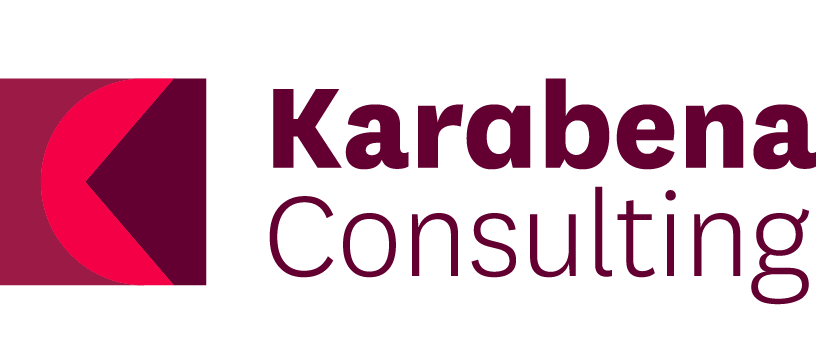Evaluation of Marram-Ngala Ganbu
Children’s Court of Victoria
Who funded the project
Project timeline
November 2019
Marram-Ngala Ganbu is a program which was launched at the Broadmeadows Children’s Court in Melbourne to improve outcomes for Koori children and families involved in child protection proceedings. Karabena Consulting and Social Ventures Australia Consulting were commissioned to conduct an independent evaluation of the Marram-Ngala Ganbu program to assess the performance of the program against its stated aims and to build an evidence base to support future expansion of the program.
The evaluation methodology was underpinned by utilisation focused, theory-based, quasi-experimental and mixed methods approaches. The evaluation scope was directed by the evaluation questions, which were informed by the Project Steering Committee. The findings of the evaluation were primarily informed by stakeholder interviews, court data and relevant literature.
The evaluation identified sufficient evidence that Marram-Ngala Ganbu is achieving its intended short to medium-term outcomes, and there were early indicators that it is on track to deliver the desired long-term outcomes. The program is providing a more effective, culturally appropriate and just response for Koori families through a more culturally appropriate court process, that enables greater participation by family members and more culturally informed decision making.
Summary
The evaluation aims were as follows:
Document the Marram-Ngala Ganbu program, understanding the implementation process
Evaluate the short to medium-term outcomes of the program
Make recommendations to inform improvements and any future expansion of the program.
Project aims
The evaluation methodology was underpinned by utilisation focused, theory-based, quasi-experimental and mixed methods approaches. Data was collected in the following ways:
Interviews with Koori families who had been through the Melbourne Children’s Court, Marram-Ngala staff, stakeholders and families
Review of court data
Literature review of similar programs, child-inclusive practice and therapeutic justice.
Methodologies
Outputs
Marram-Ngala Ganbu is achieving its intended short to medium-term outcomes, and there are early indicators that it is on track to deliver the desired long-term outcomes. The program is providing a more effective, culturally appropriate and just response for Koori families through a more culturally appropriate court process, that enables greater participation by family members and more culturally informed decision making.
Short-term outcomes:
Koori young people, Koori families, and Aboriginal and non-Aboriginal carers (including foster parents) have reported positive experiences about their involvement in the Marram-Ngala Ganbu program.
Short to medium-term outcomes:
Anecdotal evidence from third parties (not Elders) that older family members feel respected, heard, can influence court decisions, and are able to carry out their responsibilities to provide family leadership in Marram-Ngala Ganbu.
Victorian Department of Health and Human Services (DHHS) is more accountable to magistrates and the court process in Marram-Ngala Ganbu.
There is greater compliance with the Aboriginal Child Placement Principle.
Magistrates experience a range of positive outcomes as a result of Marram-Ngala Ganbu, such as improved cultural competency, better-informed decision making and satisfaction that they are better meeting the needs of Koori families and children.
Lawyers reported professional development and increased cultural competency as a result of participating in Marram-Ngala Ganbu.
Medium-term outcomes:
Koori families are more likely to follow court orders in Marram-Ngala Ganbu, in part due to the encouragement from the Magistrate and the support of the Koori Services Coordinator, Koori Family Support Officer and the Marram-Ngala Ganbu Practice Leader.
Long-term outcomes:
There are early indicators that Marram-Ngala Ganbu is contributing to young people feeling more connected to their family, culture and community.
There are early indicators that Koori families have increased cultural connections, more Koori children are being placed in Aboriginal kinship care and that families are more likely to stay together, as a result of Marram-Ngala Ganbu.
Unexpected outcomes:
Magistrates in Marram-Ngala Ganbu explicitly incorporate considerations of cultural connection into assessing and balancing the risks to children in making their decisions.
Marram-Ngala Ganbu has led to an increase in therapeutic judicial approaches being adopted in mainstream Children’s Court hearings.
Marram-Ngala Ganbu has contributed to improved recording of Aboriginal and Torres Strait Islander status in other courts.
Project outcomes
Public response
Child protection, Marram-Ngala Ganbu, Aboriginal and Torres Strait Islander children, Koori families and children, Victoria Children’s Court
